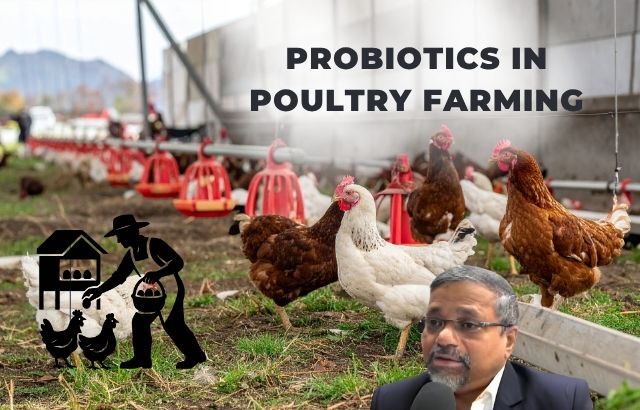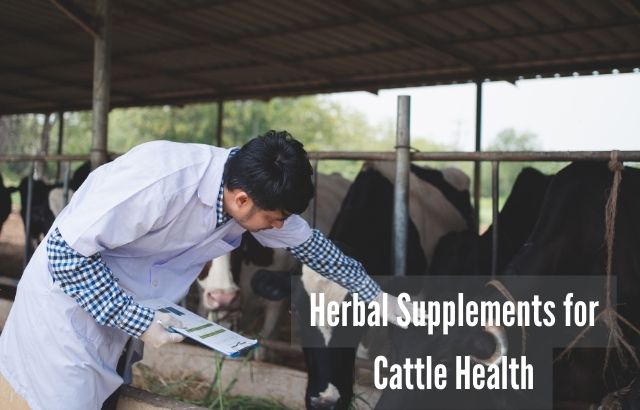The agriculture and food industries are increasingly turning to innovative methods to improve the quality and sustainability of the products we consume. One of the most promising solutions in recent years has been the use of probiotics in poultry farming. While probiotics are often associated with gut health, they offer significant benefits in improving the overall quality of poultry products like meat and eggs.
In this blog post, we will explore how probiotics enhance poultry product quality, from improving meat texture and flavor to boosting egg production and quality. We will also delve into case studies from Jaiguru Kadam, a leading expert in this field, highlighting real-world examples of how probiotics have transformed poultry farming.
The Science Behind Probiotics and Poultry Farming
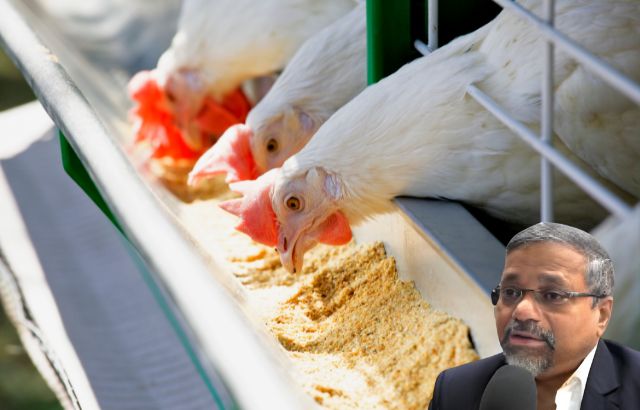
Probiotics are live microorganisms that, when administered in adequate amounts, confer health benefits to the host (in this case, poultry). These beneficial bacteria play a crucial role in improving gut health by balancing the microbiota, boosting immune function, and enhancing nutrient absorption. But their impact doesn’t stop there — probiotics have far-reaching effects on poultry product quality, particularly meat and eggs.
Let’s take a closer look at how probiotics make a difference.
1. Improving Poultry Meat Quality: Texture, Flavor, and Consistency
Poultry meat quality is largely determined by factors such as texture, flavor, and overall consistency. Probiotics, when included in the diet of poultry, can lead to a significant improvement in these areas.
Meat Texture and Flavor Enhancement
One of the key ways probiotics improve poultry meat is through better muscle development. By promoting a healthier gut microbiota, probiotics improve the digestion and absorption of nutrients, leading to better muscle development in poultry. This not only results in leaner meat but also improves the texture of the meat, making it more tender.
Additionally, probiotics can have a positive impact on the flavor of poultry meat. Probiotic supplementation influences the metabolic processes in poultry, leading to a decrease in the production of undesirable compounds that can affect taste. As a result, consumers may notice a more pleasant, natural flavor in poultry products.
Impressive Results: 12-15% Improvement in Meat Quality
Studies have shown that probiotic supplementation can improve meat quality by 12-15%. Poultry farmers who have incorporated probiotics into their birds’ diets report better overall product consistency, with more uniform texture and flavor profiles. This can be a game-changer for both consumers and producers, as it ensures a higher-quality product at every stage of production.
2. Boosting Egg Production and Quality: Yolk Color, Size, and Nutrient Content
When it comes to eggs, probiotics offer remarkable benefits that enhance both production and quality. From increasing egg yield to improving the nutritional profile of eggs, the effects of probiotics are far-reaching.
Increased Egg Production
One of the most compelling benefits of probiotics in poultry farming is the increase in egg production. Probiotic supplementation can lead to a 5-10% increase in egg production, as it improves gut health and overall feed efficiency. This means that chickens can absorb nutrients more effectively, leading to increased reproductive performance and more consistent egg-laying.
Improved Yolk Quality
Probiotics are also known to improve the quality of egg yolks. By supporting better nutrient absorption, probiotics can increase the fat and protein content of eggs, making them more nutritious. Additionally, probiotic supplementation has been linked to improved yolk color, giving eggs a richer, more vibrant yellow hue. This is particularly important in the consumer market, where yolk color is often associated with the quality and freshness of eggs.
The Result: Healthier, More Nutrient-Dense Eggs
Probiotics help chickens produce eggs that are not only higher in quality but also packed with more nutrients. Research indicates that eggs from probiotic-fed poultry contain higher levels of beneficial fatty acids, vitamins, and antioxidants. For consumers, this translates into a healthier product that can contribute to a more balanced diet.
Case Studies: Jaiguru Kadam’s Success with Probiotics
Jaiguru Kadam, an industry expert in sustainable poultry farming, has been at the forefront of implementing probiotic supplementation in poultry diets. His innovative approach has resulted in improved poultry product quality and consistency, helping farmers achieve better yields and healthier products.
Case Study 1: Improving Meat Consistency and Flavor
In one of his case studies, Jaiguru Kadam worked with a poultry farm that was struggling with inconsistent meat quality. After introducing a carefully formulated probiotic supplement into the chickens’ feed, the farm experienced a remarkable 13% improvement in meat quality, with more consistent texture and flavor. The farm also noted a reduction in the occurrence of off-flavors in the meat, leading to higher consumer satisfaction and demand.
Case Study 2: Boosting Egg Production and Yolks
In another case, Kadam worked with a commercial egg producer who wanted to increase egg production while maintaining high-quality eggs. By introducing probiotics into the chickens’ diet, the farm saw a 7% increase in egg production within the first few weeks. Furthermore, the eggs produced had noticeably richer yolk colors and better nutritional profiles, leading to a premium product that attracted higher market prices.
Practical Examples of Probiotics in Poultry Farming
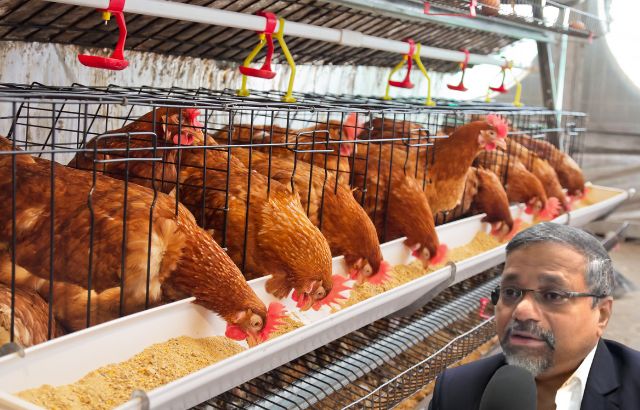
To better understand how probiotics work in poultry farming, let’s look at a few practical examples of probiotic use:
- Probiotic Feed Additives: Farmers can add probiotics directly to poultry feed, either as a powder or a liquid supplement. These probiotics help balance the gut microbiota, improve nutrient absorption, and enhance overall health.
- Water-based Probiotics: In some cases, probiotics are added to the drinking water of poultry. This method ensures that the probiotics reach the gut directly and supports the birds’ digestive system without the need for feed additives.
- Fermented Feed: Another approach is the use of fermented feed, where beneficial bacteria naturally develop during the fermentation process. This can have similar effects as direct probiotic supplementation, boosting gut health and improving the overall quality of poultry products.
The Future of Probiotics in Poultry Farming
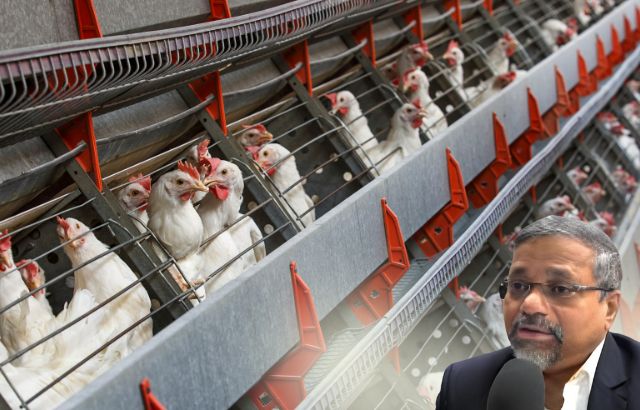
The use of probiotics in poultry farming is not just a trend; it’s a long-term, sustainable solution that enhances the quality of poultry meat and eggs while promoting animal welfare. As consumer demand for higher-quality, nutritious, and ethically produced food continues to grow, probiotics offer a viable way for poultry producers to meet these expectations.
In the coming years, we can expect even more advancements in probiotic technology, including more targeted and specialized probiotic strains tailored to specific poultry farming needs. As Jaiguru Kadam’s case studies show, probiotics have the potential to revolutionize the poultry industry, offering a more sustainable and efficient way to produce high-quality meat and eggs.
Conclusion
Probiotics have far-reaching benefits for poultry farming, from improving the texture and flavor of poultry meat to boosting egg production and enhancing yolk quality. As demonstrated by Jaiguru Kadam’s insightful case studies, probiotics can help poultry farmers achieve better product consistency, improve animal health, and meet the growing demand for high-quality, nutritious food. With the continued integration of probiotics into poultry farming practices, the future of poultry product quality looks brighter than ever.

